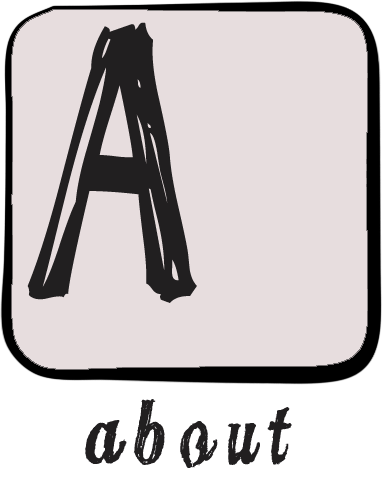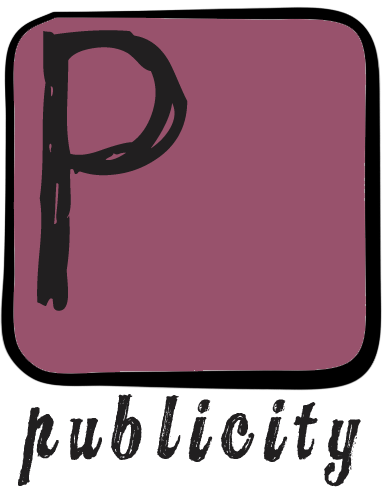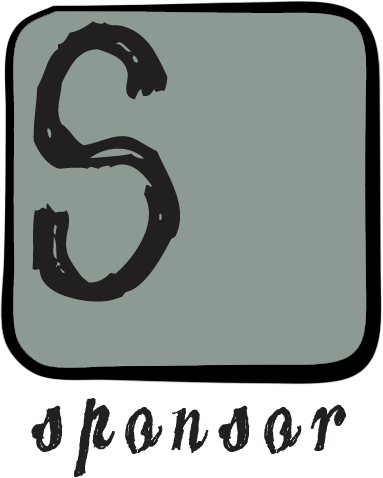An example for me is writing sex scenes. I feel silly writing them. I always fear I'm either going to fall into silliness like, "She felt his hard manhood against her, wanting, seeking, thrusting." Or my scene is going to come off as hardcore pornography (or softcore for that matter) when I am not interested in titillation but in furthering my story. As a result, I avoid them for the most part. I start the lovers off then do a hasty fadeout before things go too far. Once in awhile I do a full scene if I feel I absolutely must, but I don't like doing it.
Maybe it's my Catholic school education.
Here are my answers to the little quizzes I created.
Fiction Elements
Like Indifferent Dislike or Dread |
Love scenes X
|
Sex scenes X
|
Violent scenes X
|
Dialogue w Characters X
|
Interior dialogue X
|
Description X
|
Back story X
|
Narrative X
|
Time shifts X
|
POV Shifts X
|
Depicting emotions X
|
Nonfiction Elements
Like Indifferent Dislike or Dread |
Technical Writing X
|
Proposals X
|
Biographical Data X
|
Publicity/Advertising Copy X
|
Directions/how-tos X
|
Autobiography/Resume X
|
Specifications X
|
Tests/quizzes/surveys X
|
Explanations X
|
Newsletters X
|
Presentations/Speeches X
So what's the point of all this? Why analyze what we enjoy writing and what we don't? After all, we write what we write. And if we're lucky enough to get to choose, we can pretty much decide to stick with the elements we feel good about. But it's the same reason we do any inventory--we get better if we understand what's going on. We know intuitively that the kinds of writing we like are the kinds we're good at, and vice-versa: we enjoy doing what comes easily. What we may not realize clearly is that avoidance dooms us to staying stuck. If we don't force ourselves to practice a skill we will never acquire it. If we don't practice we won't get better. And sometimes avoidance just isn't possible. Sometimes, whether we like it or not, we have to write something we don't enjoy writing. Much as I hate violent scenes, for example, there are times when I should write one, when a violent incident has to be shown because it impacts the character and therefore, the story. I could choose to work around it--much as any person with a disability finds alternative ways to do certain things--but it's to my own detriment. More importantly, it's a detriment to the story. Believe me, I've taken the path of least resistance many times. But here's the problem: the more I avoid writing certain types of things, the more unbalanced my writing becomes because while I continue to strengthen in some areas, in others I remain mediocre. What about you? Are there skills and techniques you should improve but avoid instead? |






